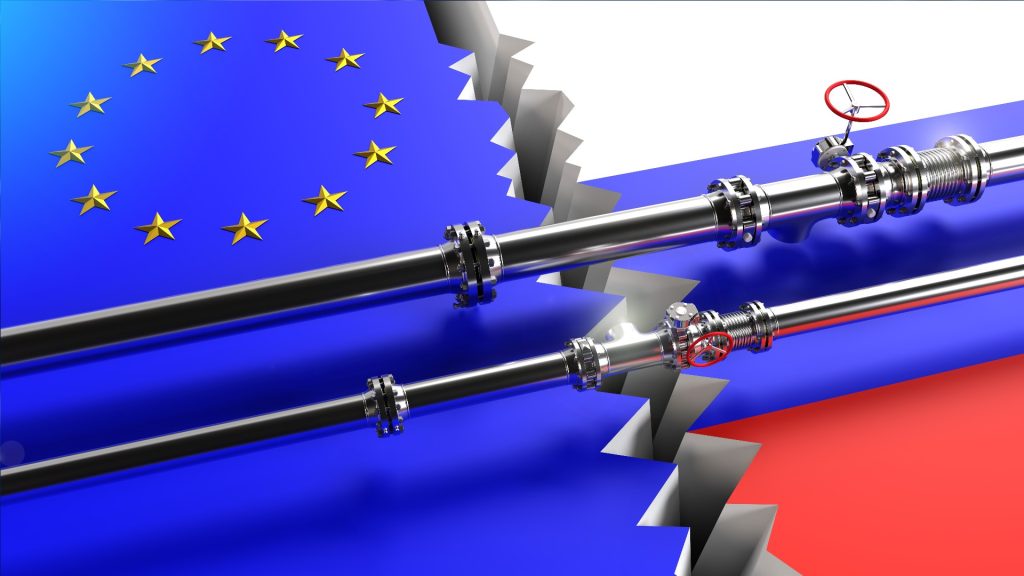The transit agreement between Russia and Ukraine expires at midnight on December 31.
Others are reading now
Natural gas plays a vital role in modern society, serving as a cornerstone of energy for industries, households, and transportation.
This versatile resource powers electricity plants, heats homes, and fuels vehicles. It’s a relatively cleaner-burning fossil fuel, which has made it a popular choice as the world transitions toward renewable energy.
Yet, its importance also makes it a focal point in geopolitics, as countries vie for control over its supply and transportation routes.
As 2024 comes to a close, a major change is set to impact Europe’s gas supply, according to Digi24.
Also read
Already Reduced Gas Transit
The transit agreement between Russia and Ukraine, which has ensured the flow of Russian natural gas through Ukraine to European markets, expires at midnight on December 31.
Ukraine has announced it will not extend the agreement, a decision influenced by the ongoing conflict with Russia.
This marks the end of a critical infrastructure agreement that has been in place for decades.
Russia’s state-controlled Gazprom has already scaled back its gas shipments via Ukraine.
On December 31, it announced a reduction from 42.4 million cubic meters to just 37.2 million cubic meters.
Once the agreement expires, gas transit through Ukraine is expected to cease entirely.
This termination underscores the dwindling role of Russian gas in Europe’s energy mix, a shift accelerated by the war in Ukraine and Europe’s push to reduce dependency on Moscow.
The halt will have varying impacts across the region. Moldova and Slovakia are among the countries most affected.
Slovakia, heavily reliant on this route, has criticized Ukraine’s decision, with Prime Minister Robert Fico labeling it “irrational.”
Moldova may face significant challenges without this supply line, though neighboring Bulgaria has offered to assist by providing access to liquefied natural gas (LNG).
The European Union has been preparing for this scenario for over a year, bolstering alternative supplies from Norway, the United States, and Qatar.
Investments in renewable energy and increased efficiency measures have also enhanced the bloc’s resilience.


